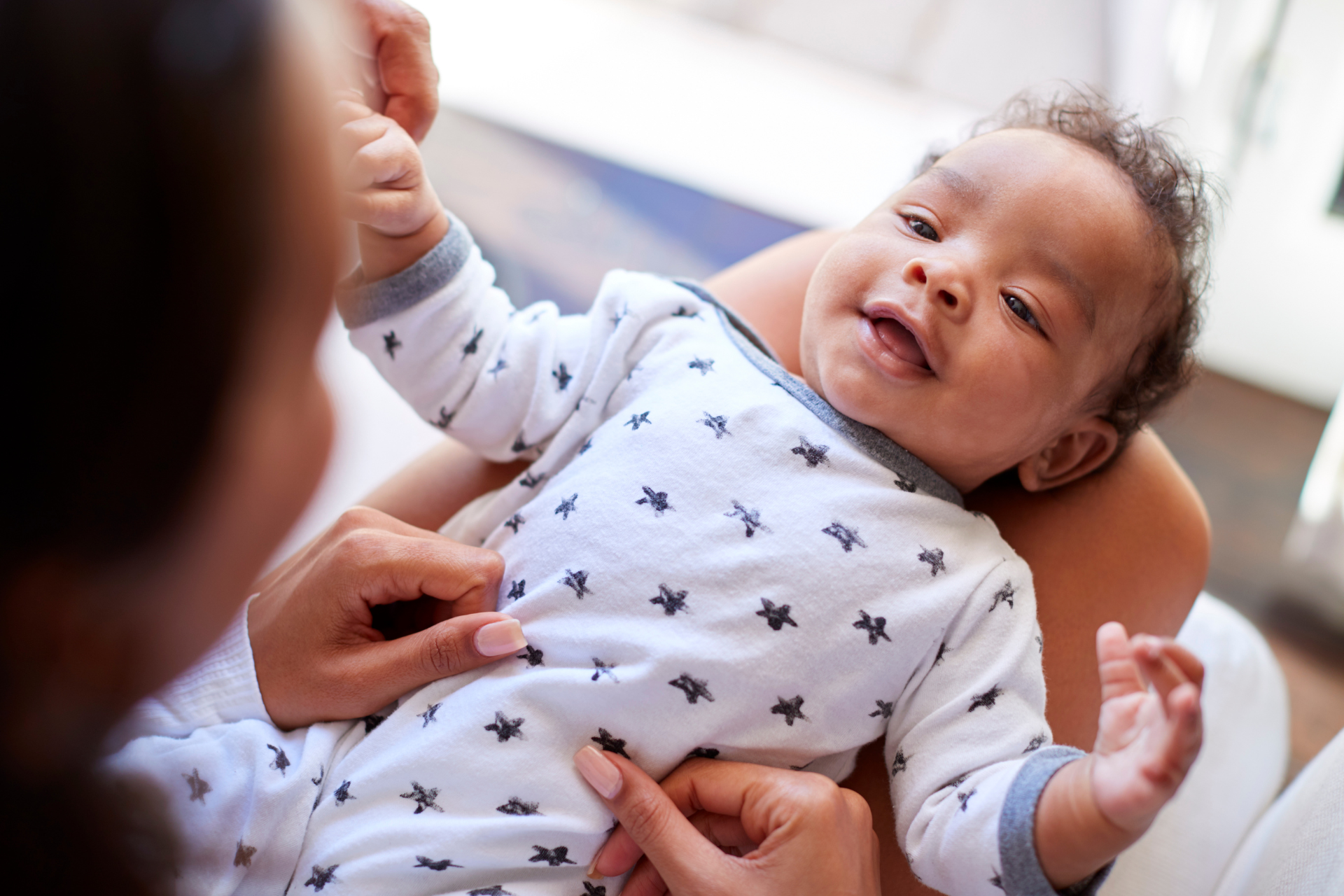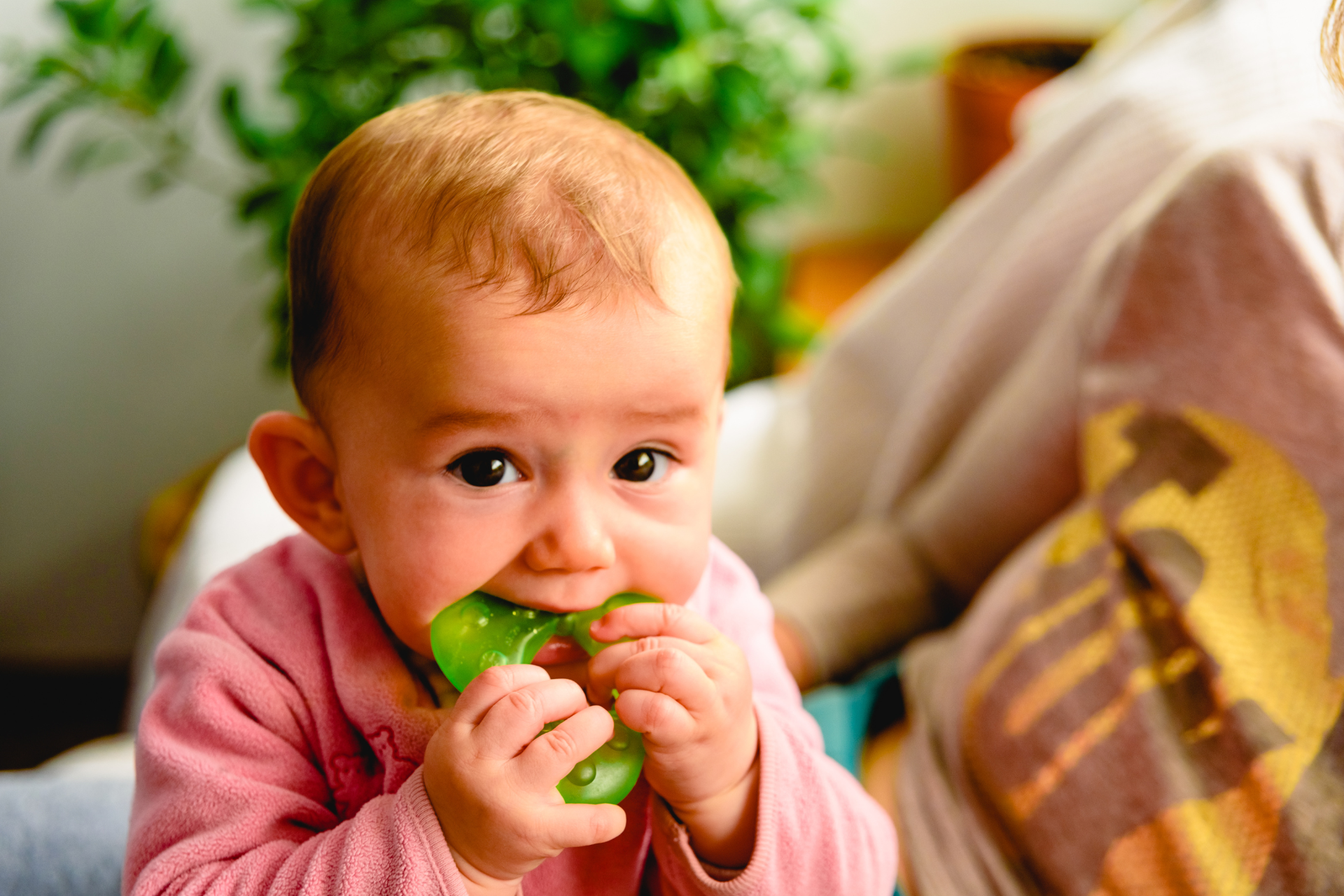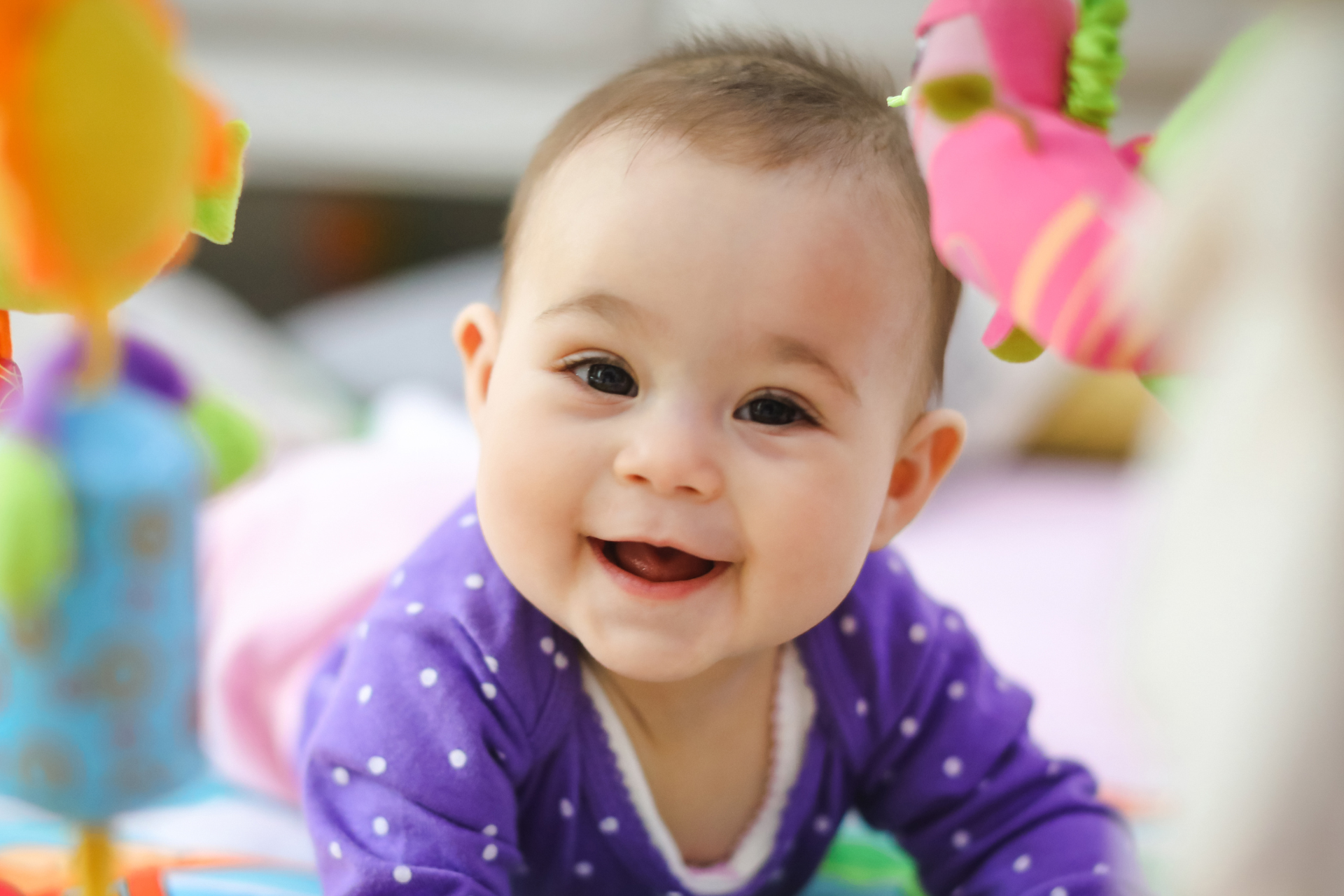Teething Tidbits: When Do Babies Have Teeth Come In?

Teething time is an exciting adventure for parents – for several reasons. When your little one’s first tooth appears, it’s one of many important moments that you’ll experience as your child grows up. But when do babies start teething? How long will it take for all of the baby teeth to come in? And what should you do to soothe sore gums and teeth?
S’more Smiles Pediatric Dentistry is here to help guide you through teething rings, the journey to permanent teeth, and what to do when you see that first tooth. Let’s go!
When Do Baby Teeth Start Showing?
Did you know? There’s a HUGE variety when it comes to timing tooth eruption, and it changes from baby to baby. Your child’s teeth may not even start poking through their gums until their first birthday!
When should you start keeping an eye out for the first teeth? Baby teeth (also called primary teeth or milk teeth) first start appearing between 6 months and 12 months of age, and baby teeth fall out to make way for permanent starting around 6 to 7 years old.
According to the American Academy of Pediatric Dentistry, your baby’s teeth start appearing in this order:
- 6 to 12 Months Old: The upper jaw and lower jaw’s front teeth (central incisors) erupt first, with one or two teeth appearing as early as 6 months of age.
- 9 to 16 Months Old: During this time, the lateral incisors should fully erupt on the top and bottom (these are the teeth next to the middle ones). This is also when to schedule your first dentist visit if you haven’t already!
- 13 to 19 Months Old: The top and bottom first molars will usually have come in by the end of this period, and you may also see their pointy teeth (canines) appearing, too.
- 20 to 30 Months Old: Most babies will have all their teeth (including the second molars) between 2 and 3 years old. Adult teeth (permanent teeth) won’t start showing up until 6 or 7 years old.

Signs that Your Baby’s Teeth are Coming In
Sometimes, babies’ teeth appear without any signs or pain, but more often than not, parents will know that it’s time for their baby’s first tooth based on a few common symptoms.
The signs that your baby’s mouth is starting its journey to a new smile (which is called teething) can include:
- Red, sore gum line
- Drooling
- Trouble sleeping
- Irritability
- Face rash
- Gnawing and chewing
- Very mild, low-grade fever
A fretful baby can be a hard thing to deal with, especially with months of teething ahead. However, there are plenty of tried-and-true methods for helping your baby feel better while those new chompers come in!
Soothing Your Baby’s Gums and Tiny Teeth
Easing teething pain on a rough night is simple. There are plenty of safe, easy ways to help your little one soothe sore gums and new teeth. Our favorites include:
- Let your baby gnaw on a frozen or wet washcloth.
- Use a solid (not liquid-filled) teething ring.
- Gently massage gums with a clean finger.
- Comfort and play with your child.
It’s also important to know what NOT to use during teething. “Jewelry” like amber teething necklaces or bracelets is a choking risk, and putting any kind of jewelry around your baby’s neck is never recommended. Teething gels are also a risk since many numbing agents can be dangerous to your little one.
Your pediatric dentist or pediatrician may recommend acetaminophen or ibuprofen if your young one is feeling particularly uncomfortable. However, never use medication without instruction from your doctor!
Tackling Tooth Decay with New Baby Teeth
All children’s oral health journey starts with that first little tooth. You should make an appointment for your first dental visit as soon as the first incisor appears.
Your dentist will do your first check-up. Tooth decay is a major concern for primary teeth AND permanent teeth, so we’ll also teach you how to use a soft-bristle baby toothbrush and a smear of fluoride toothpaste twice a day to prevent decayed baby teeth. (Toddlers will graduate to using a pea-sized amount of toothpaste!)
S’more Smiles in Cullman, AL, is always here for big and small smiles! If your baby has started teething, give us a call or send us a message to schedule your first smile assessment with Dr. Cat and our team.


Recent Comments